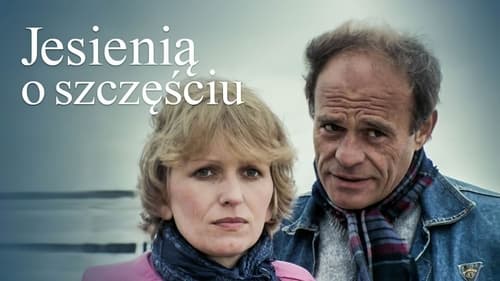
Director of Photography

Director of Photography
On colorful German postcards and photos, WW I looks like a great adventure for men. It is enough to compare them with documentary photos describing that terrible period to reveal the whole falsity of the iconographic project of the war.

Director of Photography
Growing-up village boy Marcin Debik feels bored of existence in his native place and not interested in realizing his father's ideas for living there for ever and making business there. He dreams of living in a big town, making career there and, above all, having foreign automobile, preferably big one and of American make. His determination strengthens after he had accidentally attended some rich society's party for a while. Having finally decided to take his fate in his own hands, he takes leave of his family, his girl and departs for Lublin, the town where his uncle Lukasz runs own photographic studio.

Director of Photography

Director of Photography

Director of Photography
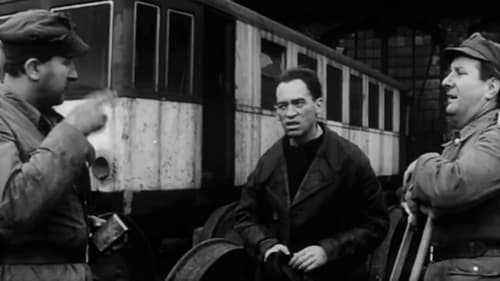
Director of Photography
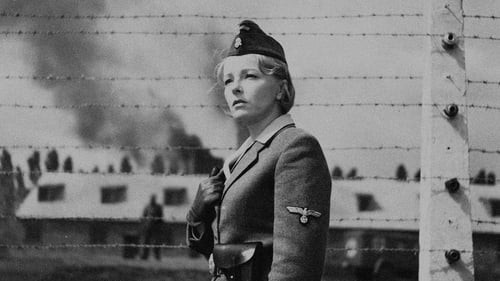
Director of Photography
A German woman on a ship returning to Europe notices a face of another woman which brings recollections from the past. She tells her husband that she had been an overseer in Auschwitz during the war, but she has actually saved a woman's life.
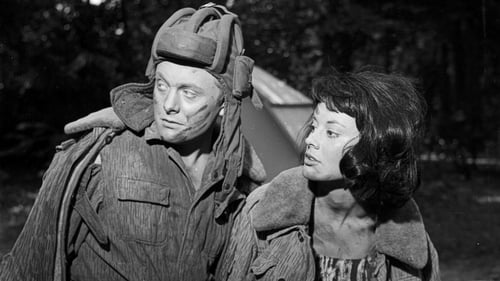
Director of Photography

Director of Photography
A quarry worker falls in love with a practicing doctor.
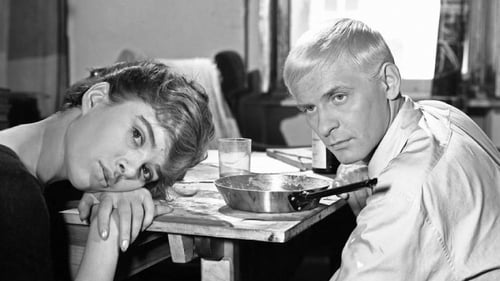
Director of Photography
A young doctor is tired of being sought by women. One night he meets a young girl who all but forces herself into his room where they talk of morals and love. But he loses her when he goes out to see some friends and then rushes madly around the city after her.
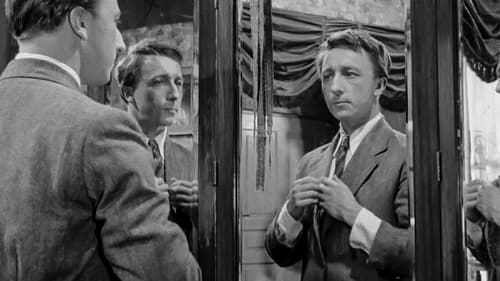
Director of Photography
Jan Piszczyk está en dependencias policiales. Le han pedido que cuente la historia de su vida, una vida marcada por la mala suerte. Así narra los sucesos que le han marcado durante casi tres décadas, en la Polonia fascista, en la II guerra mundial y ocupación alemana, y en el comunismo.




